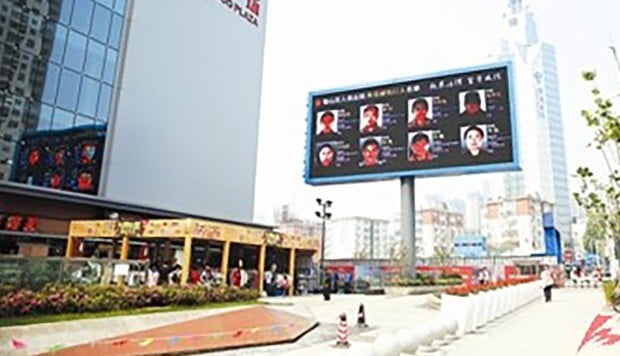
China’s Silicon Valley Faces Meltdown Fears
Table of Contents

Shenzhen is a long way from Silicon Valley. Tech companies are housed in gleaming skyscrapers rather than on rolling campuses; there is scarcely a hoodie to be seen and the Communist Party influence is never far away. Just across the border from Hong Kong and lying in the Pearl River Delta, this metropolis of some 12 million people is home to some of Chinaâs biggest tech players, including the social media giant Tencent valued at over $500 billion and telecom equipment groups ZTE and Huawei.
Other big players, such as Alibaba and Baidu, have offices alongside swaths of startups. Makers and sellers of electronic goods and components complete the lineup. It is a city of migrants ⦠and entrepreneurial spirits can be seen in everything from the soaring towers and sky bridges.
Shenzhen has âreally come of age,â says Joe Ngai, managing partner of McKinseyâs Greater China, operation which opened offices in Shenzhen two years ago. The evolution from sleepy fishing village to factory of the world to tech valley began in 1979 when Deng Xiaoping launched a new economic model with the words âto get rich is glorious.â He designated Shenzhen a special economic zone.
It is a city of migrants â only the very young were actually born in Shenzhen â and entrepreneurial spirits can be seen in everything from the soaring towers and sky bridges of the Tencent building to the shopkeepers selling counterfeit goods. Their modest stalls display photo albums cataloging the vast array of fakes available to buy in nearby back rooms. Yet the rapid pace of growth has also left some gaping holes in the fabric of everyday living.
It is a work-hard culture that leaves little time for socializing some employers are responding with work-sponsored dating activities.
Source: ozy.com


